
In many ways, the Theodore Roosevelt Conservation Partnership was humbled and fortunate to flourish in 2020, when so many Americans and their businesses were rocked by the economic downturn associated with the COVID-19 pandemic. Our team worked hard, made critical adjustments quickly, and took care of our families and each other, but we also benefited from what turned out to be the silver lining of a year marked by tragedy:
Americans flocked to nature—for respite, entertainment, and connection. This included many people who took up hunting and fishing for the very first time. As a result, conservation has become more important, and relevant to a broader audience, than ever.
This comes as no surprise to those of us who work in conservation every day. Even as our country seemed so deeply divided, we saw firsthand the continued ability of decision-makers to find common ground and pass legislation to improve fish and wildlife habitat, hunting and fishing access, and the outdoor recreation economy.
Conservation was a unifying force, and the TRCP and its partners are proud to have played a role in advancing solutions-oriented policy.
Among the many achievements that the TRCP celebrated last year was passage of the groundbreaking Great American Outdoors Act and America’s Conservation Enhancement Act, which made long awaited investments in our public lands and essential habitat programs. Our team partnered with an industry leader to continue identifying inaccessible public lands, this time on half a million acres east of the Mississippi, and then worked with lawmakers to introduce legislation that would help fix this access challenge. Our coalition reformed menhaden management and took a first step toward reducing harvest of this critical forage fish in the Atlantic. We built a diverse coalition of groups aligned to combat climate change and launched a TV ad on FOX News calling on the Trump Administration to stop the Pebble Mine in Alaska, which was blocked one week later.
These efforts and many more will help guarantee all Americans quality places to hunt and fish in 2021 and beyond. But we couldn’t have done this work without your help—thank you.
For nearly 20 years, the Theodore Roosevelt Conservation Partnership has brought people together, built coalitions, and advanced conservation. We hope this benefits you and your family in the same way that your ongoing support buoys our efforts.
Click here to learn more about our top priorities for Congress in 2021 and here for what we’ll be pushing the administration to accomplish this spring, including these efforts to build on the conservation success of the past administration.
Sincerely,
Whit Fosburgh, President and CEO
James A. Baker IV, Board Chair
Welcome to our Annual Report! 2020 was the year of the Zoom call, so we got our team together virtually to present the TRCP’s top conservation achievements of last year. Click on each staff person’s photo to explore these stories and find deeper resources. Thanks for “joining the call”!
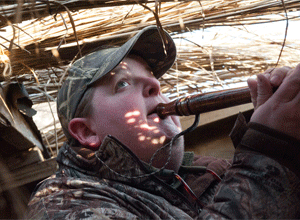
This once-in-a-generation legislation secures $900 million in annual funding for the Land and Water Conservation Fund, including a minimum of $15 million to be used each year to establish or improve access to public lands. It also invests $9.5 billion over the next five years to address the deferred maintenance backlog on National Park Service, U.S. Forest Service, U.S. Fish and Wildlife Service, and Bureau of Land Management lands.
Photo by Kyle Mlynar
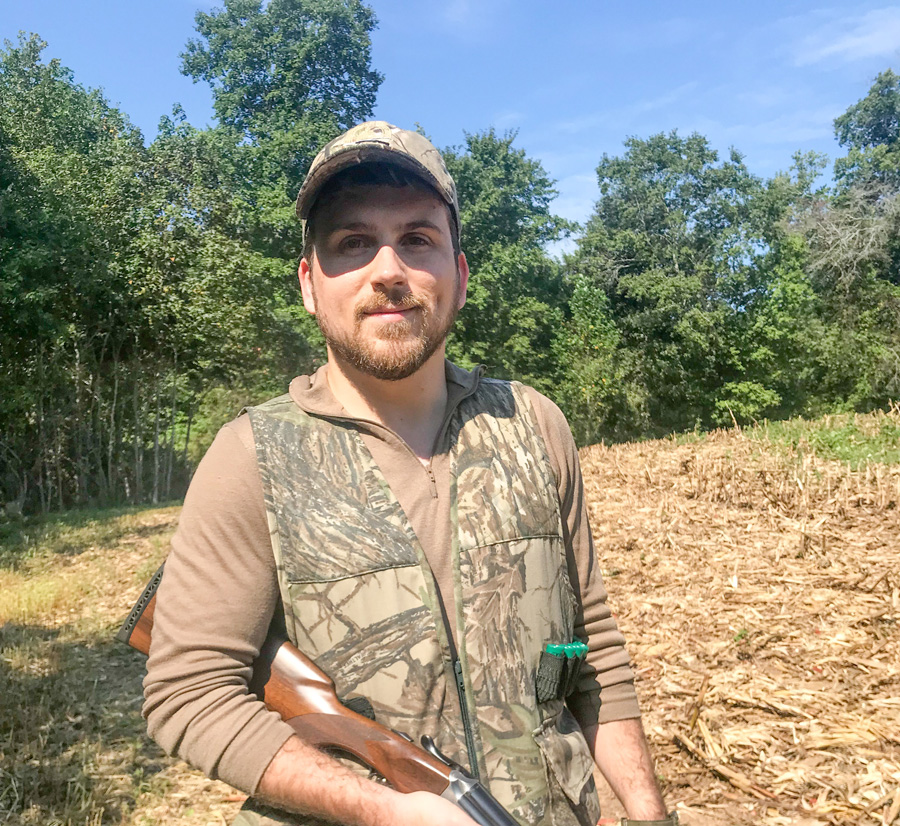
The ACE Act reauthorizes and establishes important conservation programs and funding sources that will benefit deer, waterfowl, and fish and revitalize conservation of the Chesapeake Bay watershed. The legislation also creates a new chronic wasting disease task force to oversee federal response to this wildlife crisis.
Photo by Kyle Mlynar
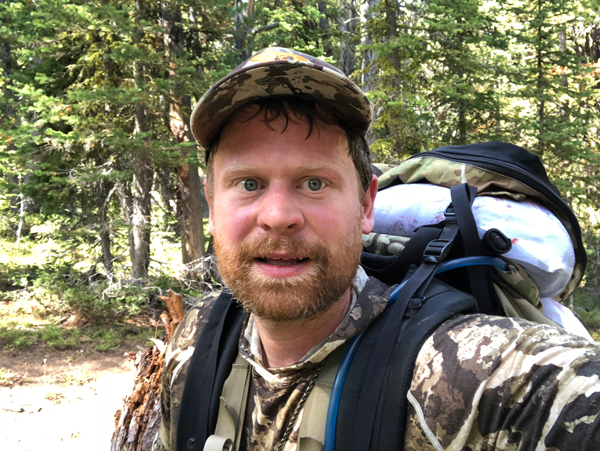
The Modernizing Access to our Public Lands Act builds on one of TRCP’s signature issues—unlocking inaccessible public lands—by providing the funding necessary over several years for our national land management agencies to digitize paper maps, access easement data, and recreational use regulations. The bill was the subject of a Senate committee hearing in 2020 and has good momentum to be reintroduced and passed this Congress.
Photo by Rick Hutton

A week after TRCP launched a TV ad on FOX News calling on the Trump Administration to stop the Pebble Mine in Alaska, the Army Corps of Engineers announced that it would not permit the proposed mine saying it “could have substantial environmental impacts within the unique Bristol Bay watershed.”
Photo by Lael Johnson

Congress passed a two-year bill that authorizes water conservation and enhancement projects—with provisions to help address dangerous algal blooms, combat invasive species, fund Everglades restoration, and smooth the way for more natural infrastructure projects across the country.
Photo by RimLight Media
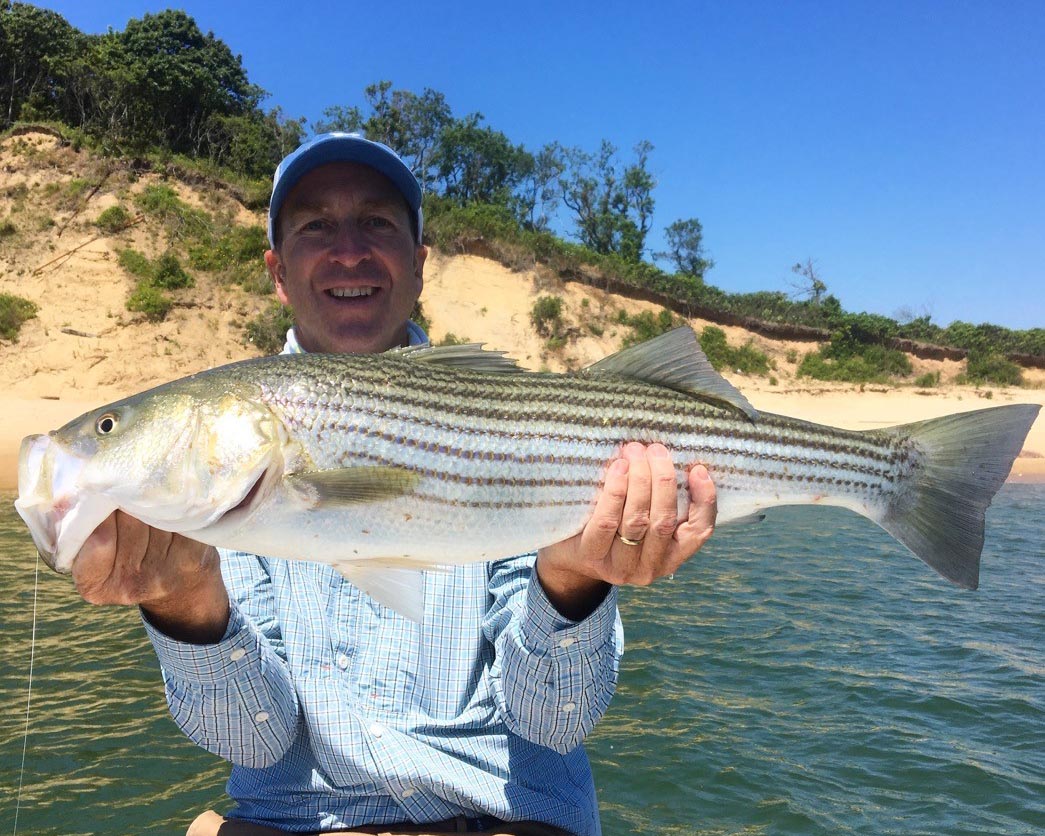
After intense urging from the TRCP and its members, the Atlantic States Marine Fisheries Commission reduced the Atlantic menhaden quota by 10 percent after unanimously adopting a new ecological management system, which will help rebuild the striped bass fishery.
Photo by Chesapeake Bay Program
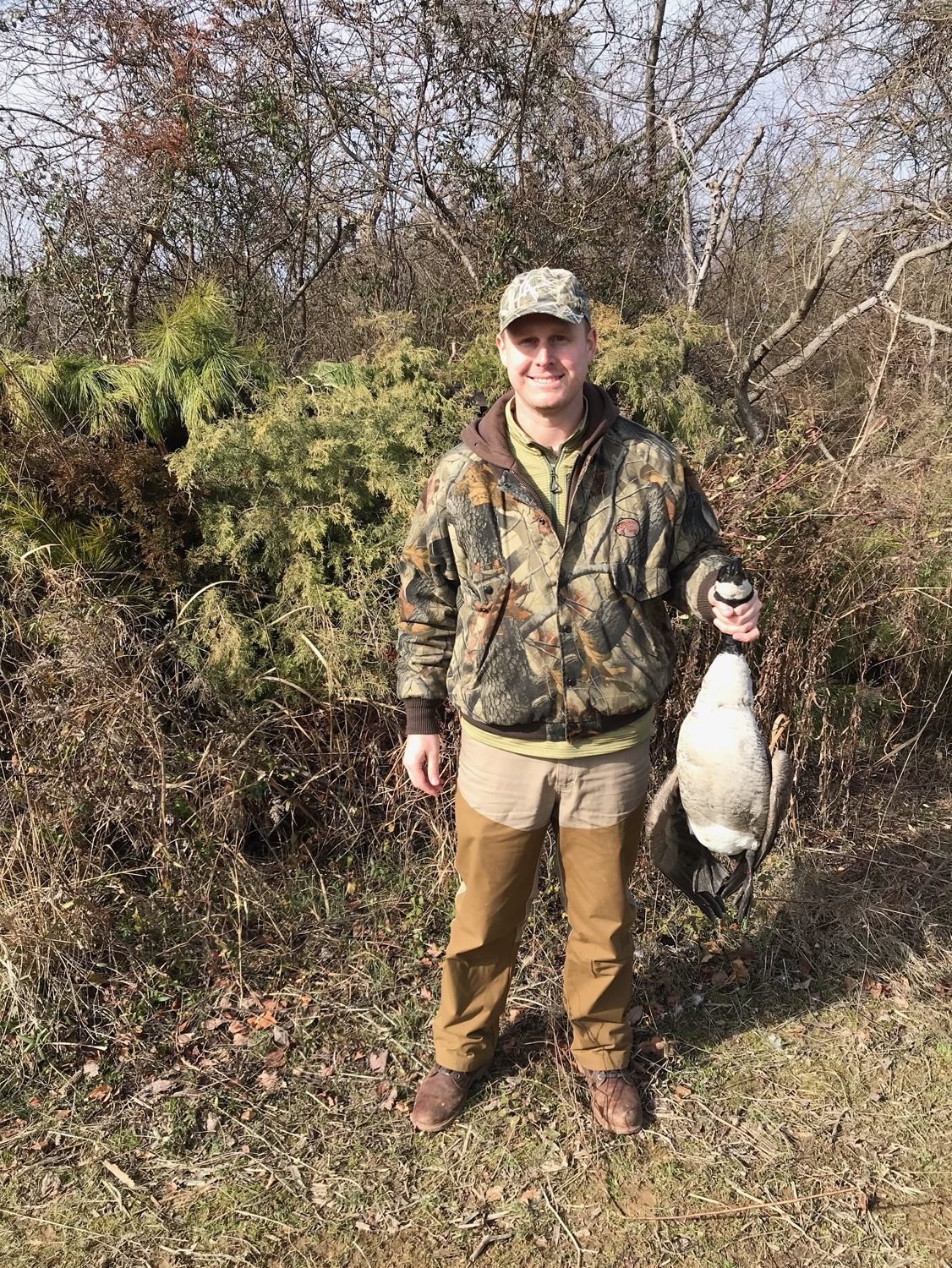
After the U.S. Department of Agriculture funneled money intended to combat chronic wasting disease to captive deer operators, the TRCP raised alarms and organized hunters to increase pressure on the department to reverse course and invest in combatting one of the greatest threats to deer hunting.
Photo by Kansas Tourism
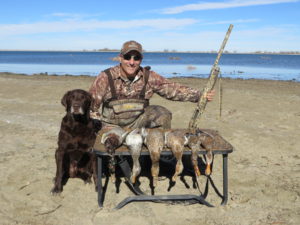
The TRCP built a coalition of more than 40 organizations united around land- and water-based solutions for addressing climate change. The group is focusing on seven main policy areas including agriculture, forests/rangelands/grasslands, oceans, rivers/lakes/streams, wetlands, coastal resiliency, and adaptation. This coalition is well positioned to have a seat at the table as the Biden Administration and Congress make tackling climate change a top priority.
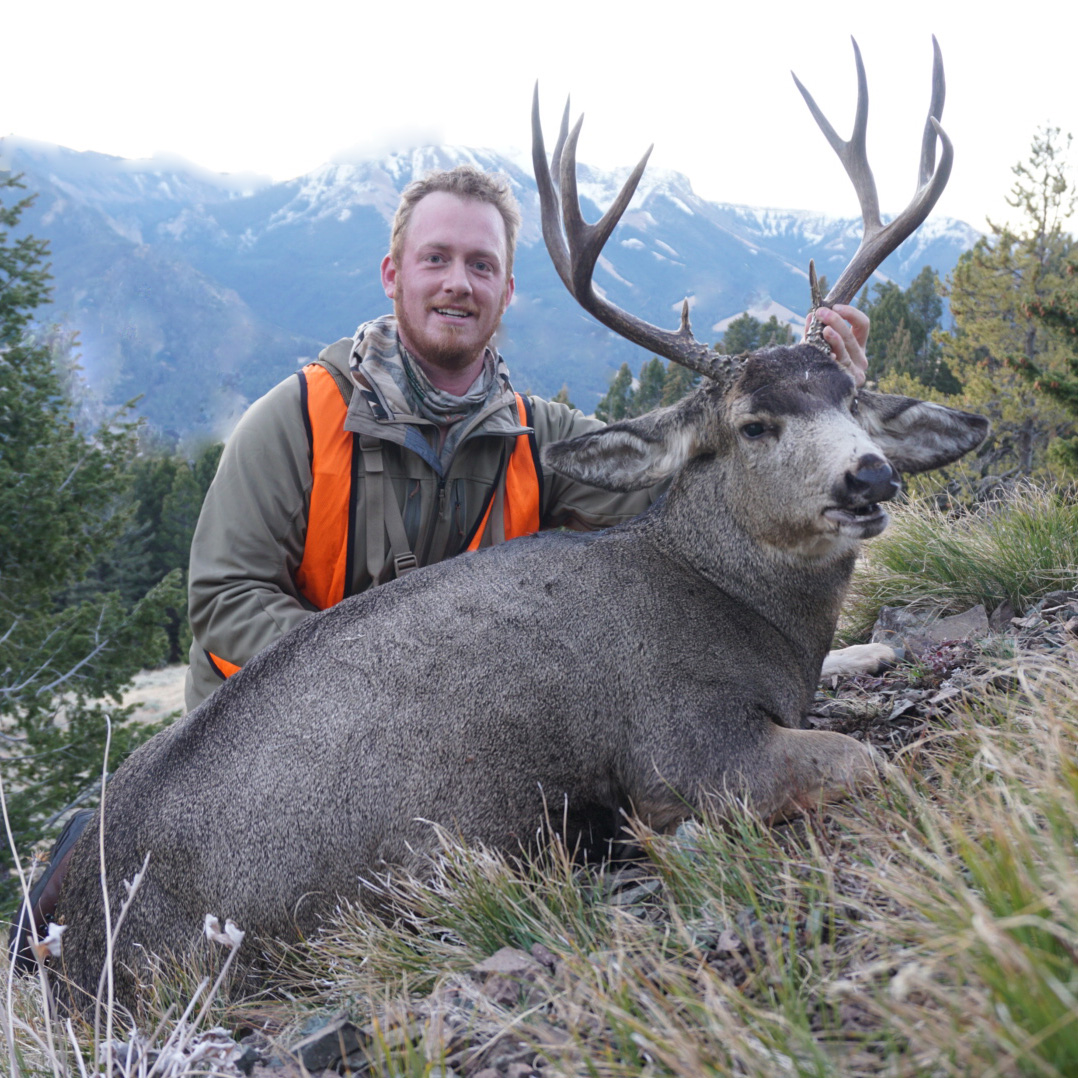
The TRCP partnered with digital mapping company onX to release three reports detailing inaccessible public lands in nine states. This groundbreaking data builds on two previous reports, which shine a light on the public access crisis in America. In total, the TRCP has identified 16.43 million acres of landlocked public land in 22 states and we are actively working to address these barriers to hunting and fishing. onX to release three reports detailing inaccessible public lands in nine states. This groundbreaking data builds on two previous reports, which shine a light on the public access crisis in America. In total, the TRCP has identified 16.43 million acres of landlocked public land in 22 states and we are actively working to address these barriers to hunting and fishing.
Photo by Calvin Connor
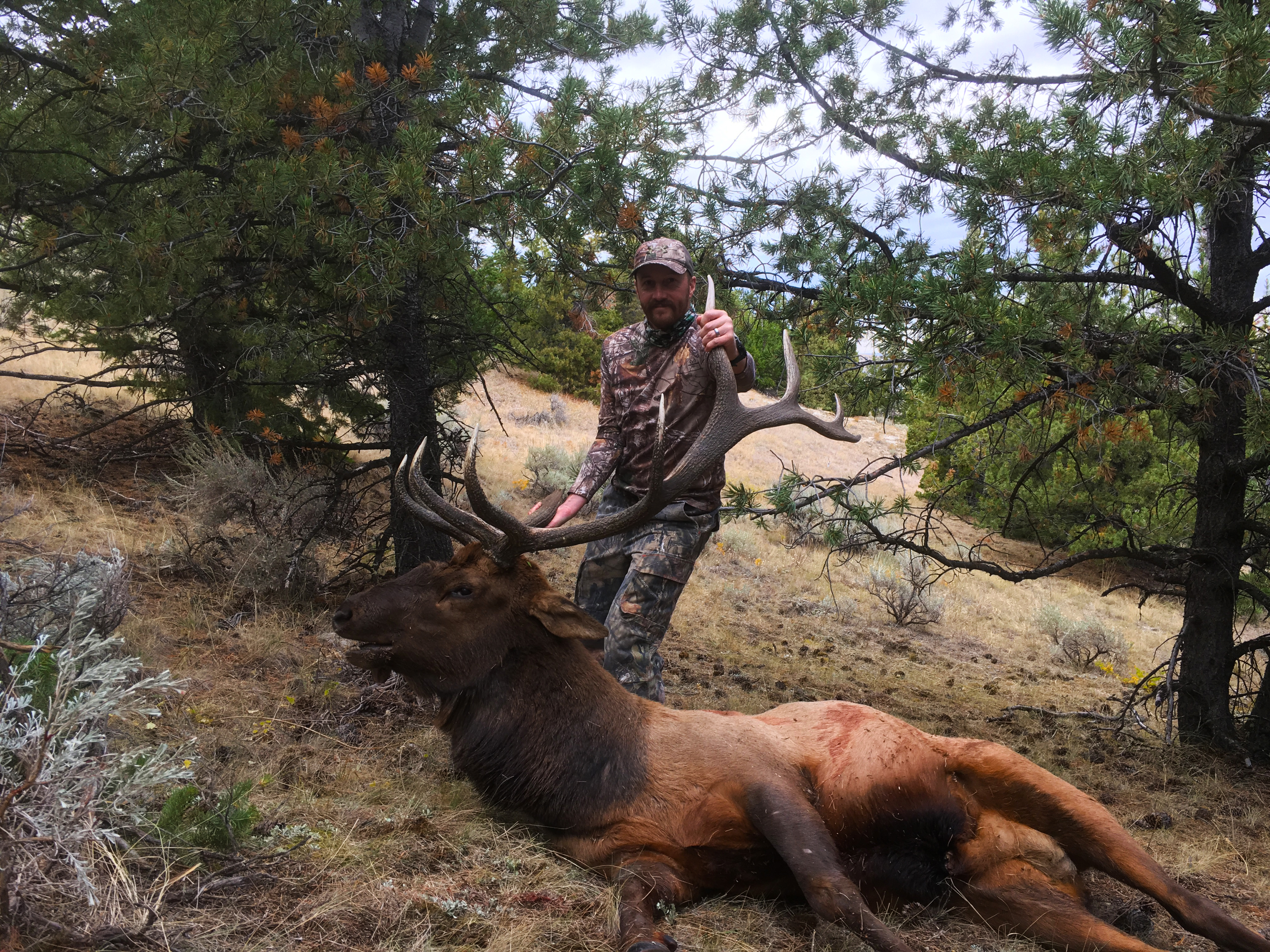
In response to COVID, the TRCP worked with six of our partners to launch a national education campaign to encourage sportsmen and sportswomen to practice responsible recreation as they turned to the outdoors for health and wellbeing. This digital campaign reached more than 138 million people.
Watch a video from this campaign in the main window >
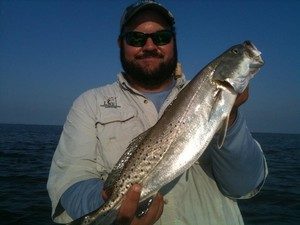
Ten years after the Deepwater Horizon oil spill, the TRCP took an in-depth look at four major restoration projects that have directly benefited anglers and hunters by improving coastal habitats using penalties from the worst environmental disaster in American history.
Photo by Louisiana Dept. of Wildlife and Fisheries
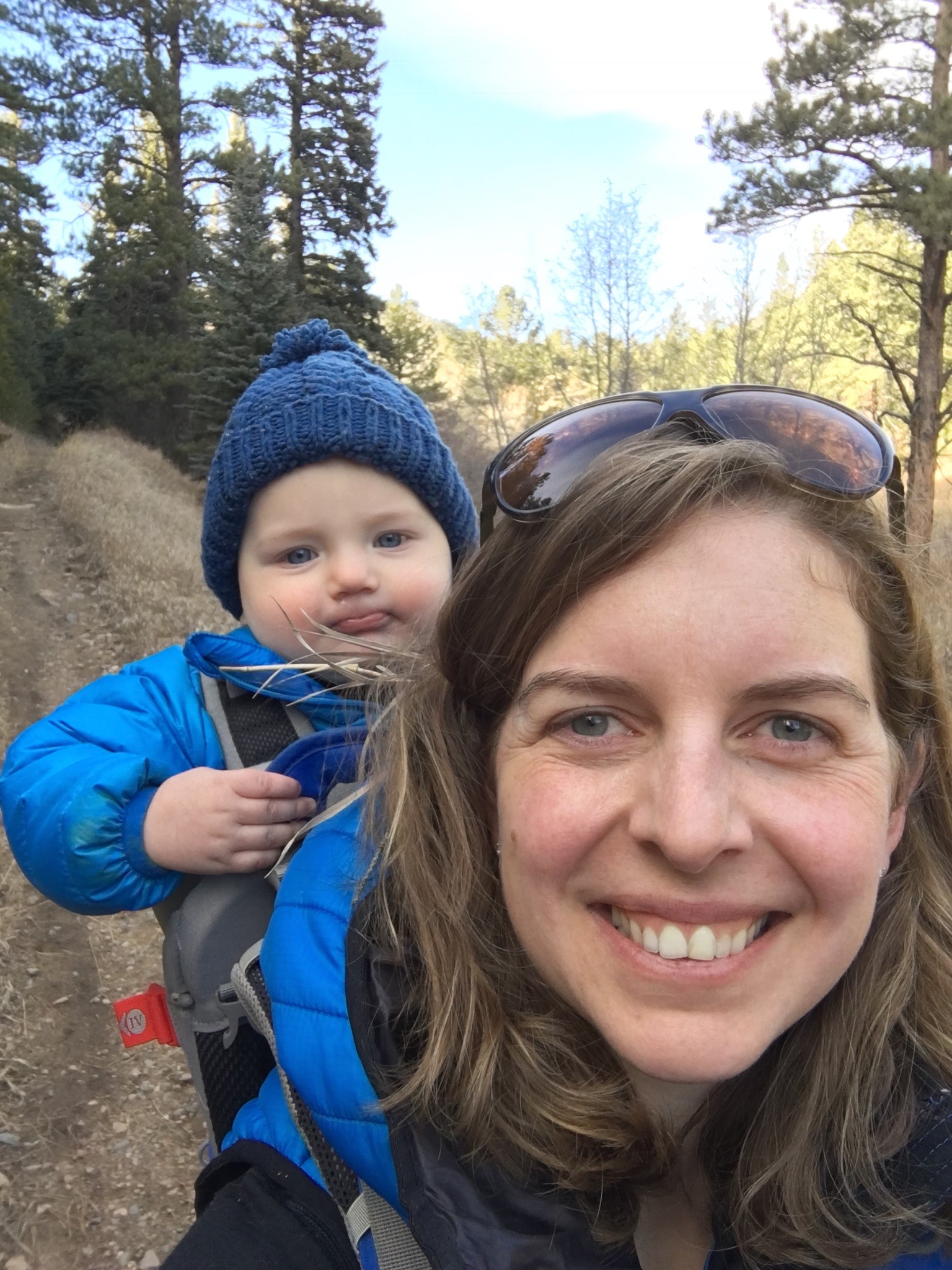
Building on the momentum from a Department of Interior executive order, vocal support from sportsmen and women helped five Western states establish new conservation policies for big game migration corridors and seasonal habitats. Under the leadership of Madeleine West, director of TRCP’s public lands program, our field team continues to work in their respective states to advance these safeguards for migration routes.
Photo by Tom Koerner/U.S. Fish and Wildlife Service

A sweeping legislative package to keep the government running and invest in COVID relief contained numerous conservation provisions that invest in climate solutions, sustainably manage water resources, restore habitat, combat chronic wasting disease, and strengthen access for hunters and anglers.
Photo by Gregg Flores @wheretheriverruns

Orion: The Hunter’s Institute joined our Policy Council as the 60th member, bringing its commitment to fair chase ethics to America’s largest coalition of conservation groups.
Photo by U.S. Forest Service
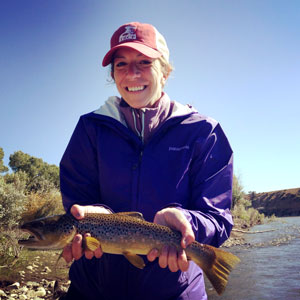
When COVID forced organizations to cancel large events, we transitioned quickly to a virtual fundraising event. Featuring MeatEater’s Steve Rinella, the event brought together more than 1,400 supporters from across the country to honor Congressmen Garret Graves (R – La.) and Marc Veasey (D-Texas) and business leader William J. Michaelcheck.

Though new staff introductions had to be made remotely through much of the year, the TRCP team grew in 2020. We added capacity and expertise by welcoming Alaska Field Representative Jen Leahy, Director of Program Development Ashlee Noland, and Operations Director Kisha Parks. Kisha has been essential in revamping our human resources and hiring processes, and she has onboarded six new TRCP staffers so far in 2021.

John Cornell pushed for conservation safeguards on 1.4 million surface acres of public lands in a new management plan for northwestern New Mexico, focusing his efforts on conserving mule deer migration corridors and habitat in the San Juan Basin.
Derek Eberly led a very engaged TRCP membership in Pennsylvania, successfully advocating for the designation of dozens of Wild Trout and Class A streams and blocking a legislative push to borrow from conservation accounts to settle the state deficit.
Carl Erquiaga and the TRCP’s partners in Nevada pushed the Department of Wildlife and BLM for conservation policies to safeguard the sagebrush ecosystem and big game migration corridors. He continues to build support for the Ruby Mountains Protection Act, a top priority for 2021.
Nick Dobric became a father in 2020 while juggling his work to ensure his son will have quality places to hunt and fish in the future. He advocated for conservation provisions in Wyoming Governor Mark Gordon’s executive order on big game migration corridors and will ensure these policies are implemented successfully.
John Gans supported the TRCP’s efforts to push for better management of menhaden in the Atlantic, rallying sportsmen and women from the Northeast around the need for deeper cuts to the industrial fishing quota to keep more of these forage fish in the water.
Scott Laird led a years-long campaign on behalf of Montana’s hunters and anglers that resulted in the creation of the nation’s first Backcountry Conservation Areas being included in the BLM’s revised plans for the Missoula and Lewistown field offices in 2020.
Jen Leahy became the TRCP’s first full-time field representative in Alaska last year, and she hit the ground running—rallying hunters and anglers to oppose conservation rollbacks in the Tongass National Forest and pushing for strong conservation in the Central Yukon public land planning process.
Michael O’Casey has worked to build a robust coalition of sportsmen’s and women’s organizations to advocate for the protection of wildlife habitat within Oregon’s Owyhee region. In 2020, his role was expanded to increase TRCP’s influence on public lands conservation in Washington state.
Rob Thornberry, entering his sixth year at the TRCP, will build on last year’s efforts to amplify the voices of sportsmen and women in public land planning for more than 7.4 million acres of central and eastern Idaho and wildlife migration across the state.
Theodore Roosevelt’s experiences hunting and fishing certainly fueled his passion for conservation, but it seems that a passion for coffee may have powered his mornings. In fact, Roosevelt’s son once said that his father’s coffee cup was “more in the nature of a bathtub.” TRCP has partnered with Afuera Coffee Co. to bring together his two loves: a strong morning brew and a dedication to conservation. With your purchase, you’ll not only enjoy waking up to the rich aroma of this bolder roast—you’ll be supporting the important work of preserving hunting and fishing opportunities for all.
Learn More

